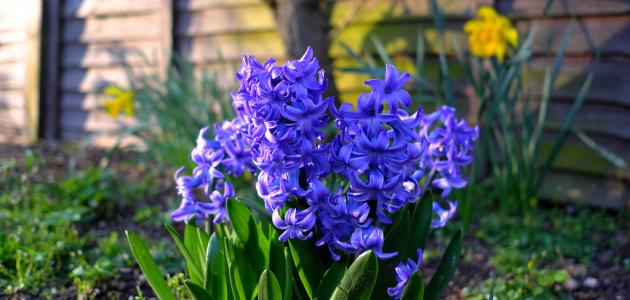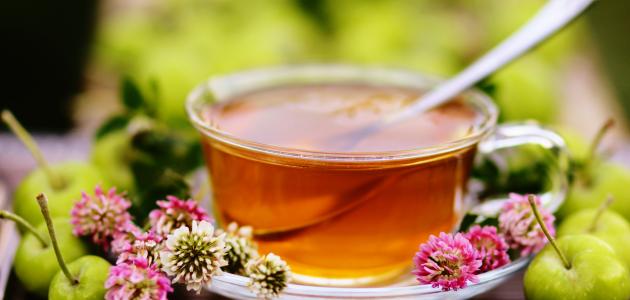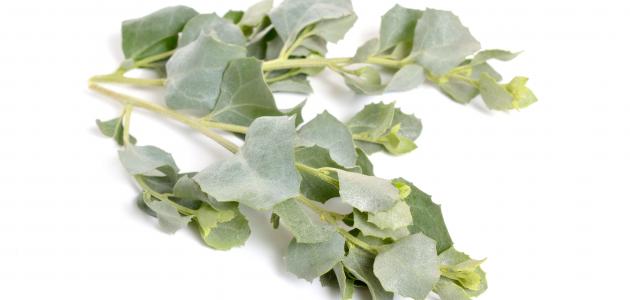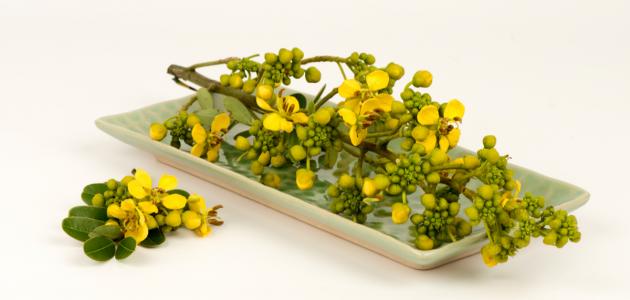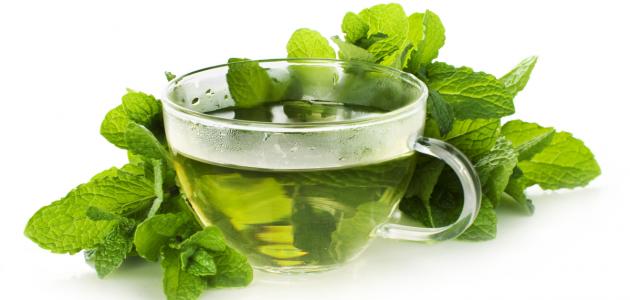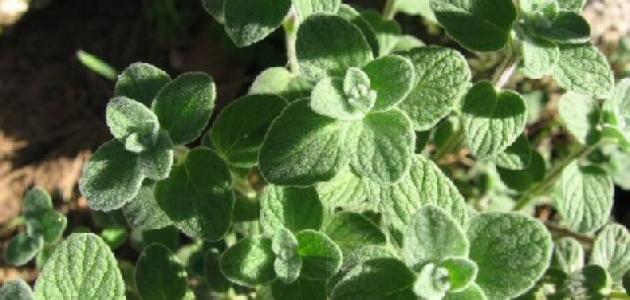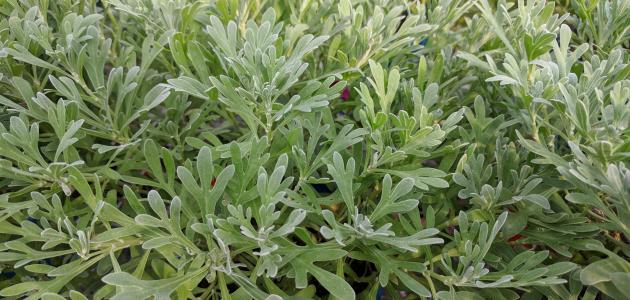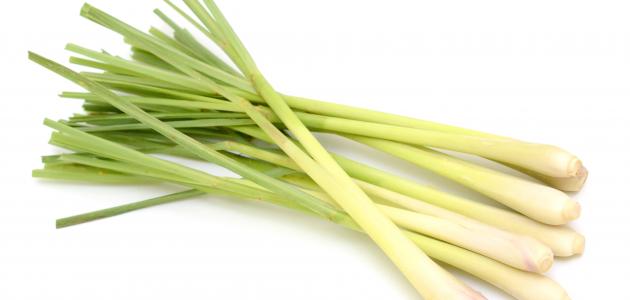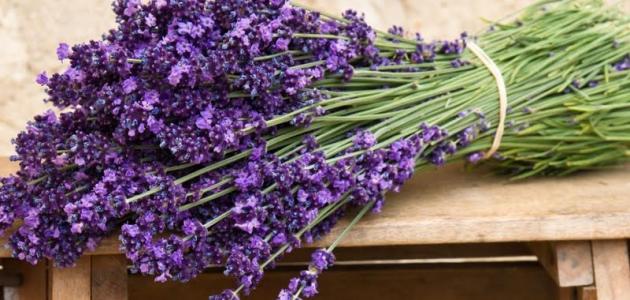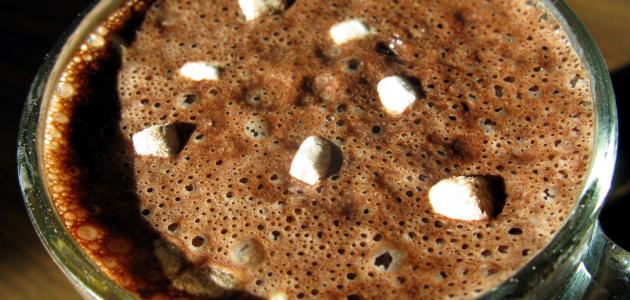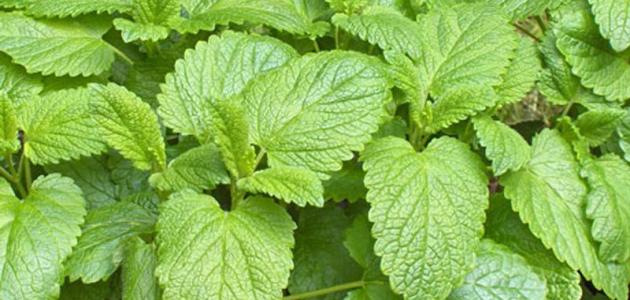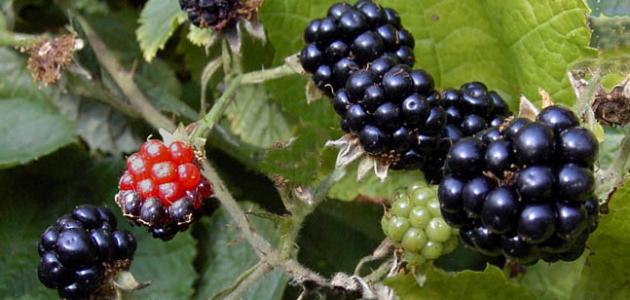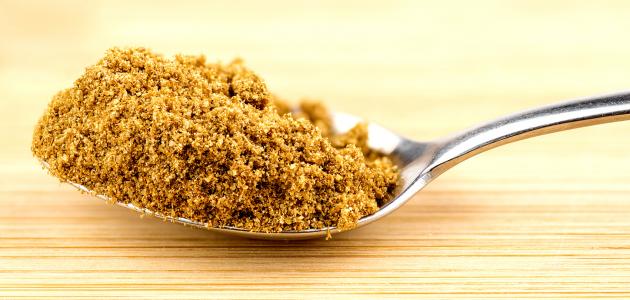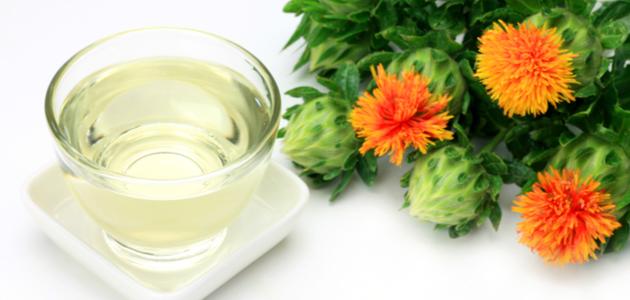Contents
lavender
The origins of the lavender herb are in North Africa and the mountains of the Mediterranean region. Its flower-bearing branches are distilled to obtain aromatic oils, and this plant is also used to care for the skin and beauty. It is used in the preparation of perfumes and shampoos, and some types of it are used to add a distinctive flavor to some foods, and it is worth noting that there are many other health benefits associated with lavender. [1]
Benefits of drinking lavender
Lavender is used in several ways to promote health, as lavender tea can be used to treat digestive problems , and it has many health benefits for the body, including the following: [2] [1]
- Fighting fungi: Studies have indicated that lavender oil may possess anti- fungal- resistant properties , and research has found that this oil has the ability to kill many strains that can cause skin diseases.
- Wound treatment: The Journal of Evidence-Based and Alternative Medicine published a study on mice indicating the effect of lavender in treating wounds , and the results showed that wounds close faster when using lavender oil, and this indicates that lavender has a role in speeding up wound healing.
- Treatment of hair loss: lavender can have a role in treating alopecia areata . It is a condition characterized by hair loss in an area of the body, or in the whole body, and research has indicated that this plant can promote hair growth by up to 44% when used for seven months.
- Treating anxiety: Studies have revealed that using one of the types of lavender oil capsules had an anxiolytic effect, or reduced, and research indicated that the smell of lavender helps patients who feel anxious when waiting for a dentist's appointment.
- Reducing pain in children after a tonsillectomy: Lavender oil, as part of aromatherapy, helps reduce the amount of pain medication that a patient needs after a tonsillectomy, but this effect needs more studies to prove its effectiveness.
- Reducing pre-menstrual emotional symptoms: Many women suffer during their childbearing age from Premenstrual syndrome, which is a common condition where a woman suffers from a set of symptoms before menstruation, but there is still no effective treatment for this condition, so many resort To use alternative therapies such as aromatherapy, and one study showed that the scent of lavender can relieve premenstrual emotional symptoms.
- Reducing the risk of dementia and cancer: The National Cancer Institute has indicated that the use of aromatherapy can help cancer patients reduce the side effects associated with treatment, and odor receptors can send messages to the brain that can affect mood, and on the other hand, this type of treatment may help People with dementia, but this benefit still needs more scientific evidence.
- Aid to sleep: Lavender is used in aromatherapy to treat headaches , insomnia, and nervousness , in addition to that massage therapists use lavender oil on the skin, where it can act as a sedative, in addition to aiding sleep, and on the other hand, it has been approved in Germany to use Lavender tea as a supplement for treating insomnia , sleep disturbances, and stomach upset, and in the past, people used to stuff their pillows with lavender to treat insomnia.
Damages of lavender herb and caveats to its use
It is safe to eat the herb lavender in small quantities, and applying it to the skin, inhaling its scent, or taking it orally in medicinal quantities can be safe, but taking it orally may cause some symptoms. Constipation , increased appetite, and headache, and in rare cases, using them on the skin can lead to irritation, and on the other hand, people with allergies; Especially from the pollen they are advised to avoid lavender. It can cause some allergic reactions, and there are several caveats to using this herb, including the following: [3] [4]
- Pregnant and breastfeeding women: it advises pregnant and breastfeeding women to avoid the use of lavender; As there is not enough information to confirm whether the use of this herb is safe during this period or not.
- Children: Applying lavender products to the skin can be unsafe for unaccompanied children , as lavender oil appears to have a hormonal effect. Which can cause a disturbance in the natural hormones in the child's body, as this has led in some cases to what is known as gynecomastia ; It is an abnormal breast growth in males, and on the other hand, the safety of these products for girls is unknown.
- Surgical operations: Lavender can slow down the central nervous system, and thus it can slow down the central nervous system more than necessary if it is used with anesthesia and other drugs that are given to the patient during and after the surgery, and therefore it is advised to stop using lavender before the procedure Surgery at least two weeks.
Drug interactions of lavender
Lavender can interfere with the action of some medicines. Among these drugs are the following: [3]
- Chloral hydrate : This drug can cause drowsiness and lethargy, and it appears that the lavender herb increases the effect of this drug, so taking them together can cause an increase in drowsiness.
- Tranquilizers: Taking the lavender herb along with sedative drugs greatly increases sleepiness, and these drugs include central nervous system depressants (CNS depressants), and barbiturates .
References
- ^ A b Joseph Nordqvist (22-1-2018), "What ' are On The Benefits : health And Risk Of by lavender?" , Www.medicalnewstoday.com The , Retrieved 10-9-2018. Edited.
- ↑ Deborah Weatherspoon (6-6-2018), “What Lavender Can Do for You” , www.healthline.com , Retrieved 9-10-2018. Edited.
- ^ A b "LAVENDER" , the www.webmd.com , Retrieved 10-9-2018. Edited.
- ↑ Peggy Pletcher (2-4-2015), “How to Make Lavender Tea” , www.healthline.com , Retrieved 9-10-2018. Edited.
